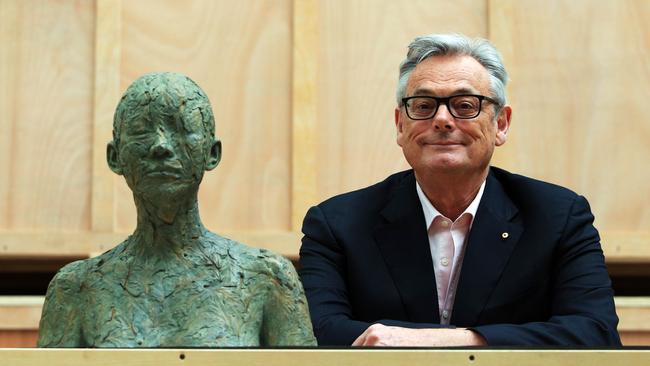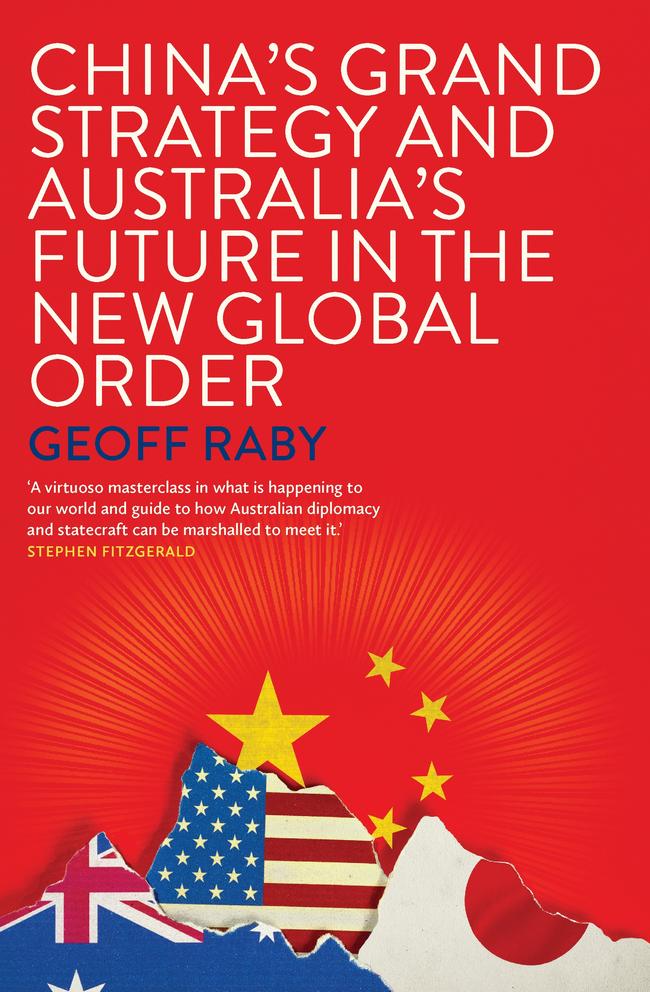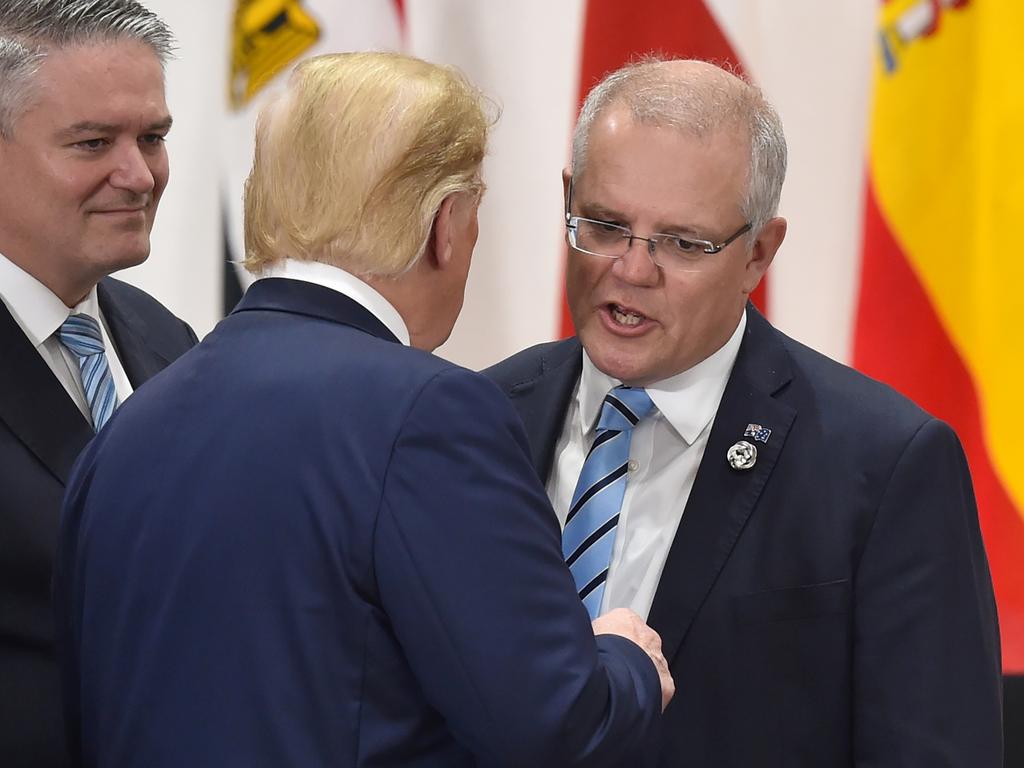China’s need for our iron ore a ‘nightmare’
China’s dependence on Australian iron ore among other resources is a ‘nightmare’ for its strategic and defence planners, says former ambassador.

China’s dependence on Australian iron ore and other key resources is a “nightmare” for its strategic and defence planners, according to Australia’s former China ambassador, Geoff Raby.
Beijing’s anxieties — irrespective of its relationship with Canberra — will see the more than $60bn-a-year export shrink in coming years, Mr Raby, who was previously a board member on iron ore mining giant Fortescue Metals Group, said.
“For normal strategic risk mitigation, China will seek to diversify its iron ore sources. It goes beyond the state of the bilateral relationship,” Mr Raby said.
“Any strategic planner will not want to be as dependent on one country — especially the closest ally of the United States — for one its most critical raw materials.” Beijing’s acute anxiety over its resource dependency is a key reason the former ambassador argues China is a “constrained superpower” in his book “China’s Grand Strategy and Australia’s Future in the New Global Order”.
In the book, released next week, Mr Raby presents Australia’s biggest trading partner as structurally limited by its regional unpopularity and its party-state system.
Then there are China’s internal security preoccupations: Xinjiang (a place “under siege from its own government”), Tibet (“another peripheral border security nightmare for Beijing”) and Hong Kong (“a problem of Beijing’s own making”).

Mr Raby was Australia’s ambassador in Beijing from 2007 to 2011, giving him a cameo role in what was dubbed the “iron ore wars” — as China bristled at its new dependence on Australia for the key steel input.
Despite over a decade of attempted diversification, China is still importing more than 60 per cent of its iron ore from Australia, with its other major supplier Brazil hobbled by tailing dam disasters and its catastrophic handling of COVID-19.
“It’s not just the whim of Chinese strategic planners — we are very good at what we do. Much better than anyone else in the world,” Mr Raby said.
China has since overtaken the US as the biggest oil importer in the world and will soon leap past Japan as the world biggest importer of LNG (with Australia, again, the biggest exporter).
Much of China’s 1.4 billion population has benefited, as have its trading partners, but it has ended the country’s tradition of insularity. “China’s resource dependency is a nightmare for its strategic and defence planners. It is not difficult to imagine that at some time around the mid-2000s, someone in the leadership compound at Zhongnanhai in Beijing woke up in the middle of the night and screamed at the ceiling, ‘What have we done!?’ ” Mr Raby’s book reads.
Almost all of those resources pass through the South China Sea, another point of huge vulnerability for Beijing.
This week Richard McGregor, an expert on Chinese elite politics at the Lowy Institute, said the deterioration of the Australia-China bilateral relationship had raised supply concerns among Australia’s biggest miners, including BHP, Rio Tinto and Fortescue.
“Don’t think that the idea of Canberra interrupting iron ore sales to China hasn’t crossed the minds of senior executives in the C-suites of our big miners,” Mr McGregor wrote in an essay in Guardian Australia.
Mr Raby, who was on the board of Fortescue from 2011 to 2017, said the biggest concern for Australian iron ore miners was but Brazilian competition.
He said Australia had “made itself an outlier” in the region.
“Most countries in some shape or form are pissed off with China’s behaviour. Most feel some degree or threat of pressure from China. But none has reduced its relations with China to the low that we have,” he said.
While noting the “more muscular” foreign policy of President Xi Jinping’s rule, Mr Raby said its danger to Australia had been greatly exaggerated.
Mr Raby - who runs a business consultancy in Sydney and Beijing - said Prime Minister Scott Morrison’s comparison of Australia’s contemporary strategic situation to the 1930s was “wildly overblown”.
“China isn’t an existential threat in that way. It can’t be. It may want to be. Morrison may be delusional and think he’s in that world - but that is not what the facts support,” he said.





